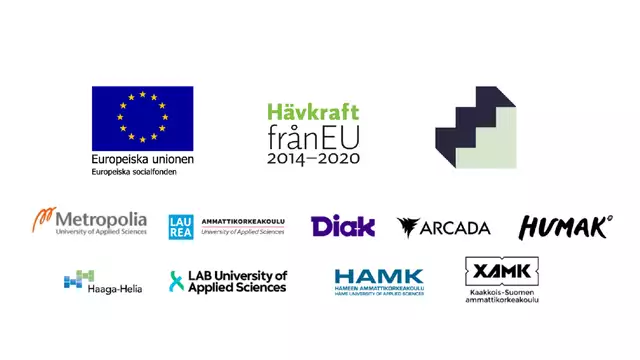Green transition with the REACT project
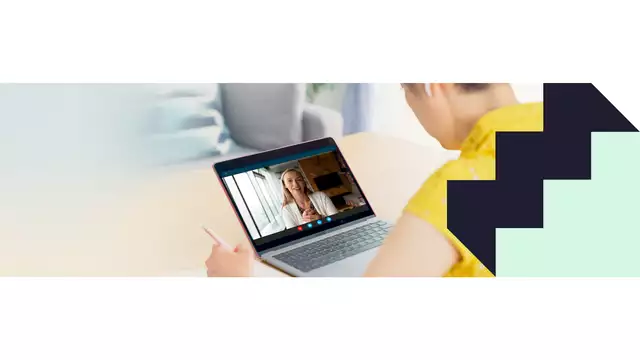
Free of charge, tailor-made expert advice on green business transition!
Do you want to help your company or the organisation you work at develop a sustainable business model and strategy for the future?
Our handbooks are now available for free in three different languages!
File
Introduction to working strategically with sustainability in businesses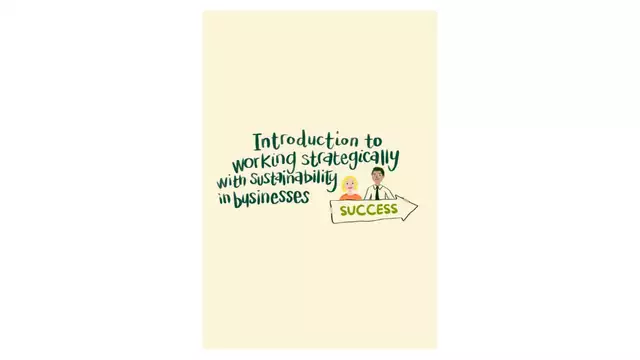
File
Introduktion till att arbeta strategiskt med hållbarhet i företag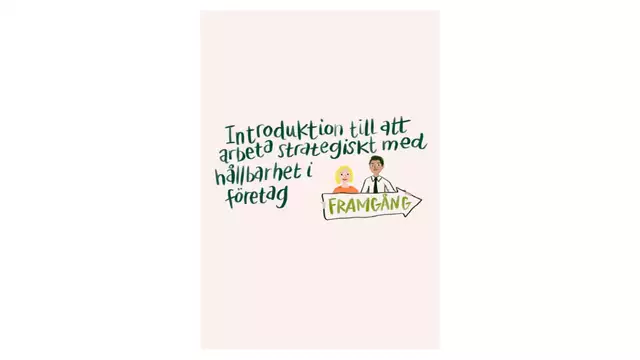
File
Johdatus yritysten strategiseen työskentelyyn kestävyden parissa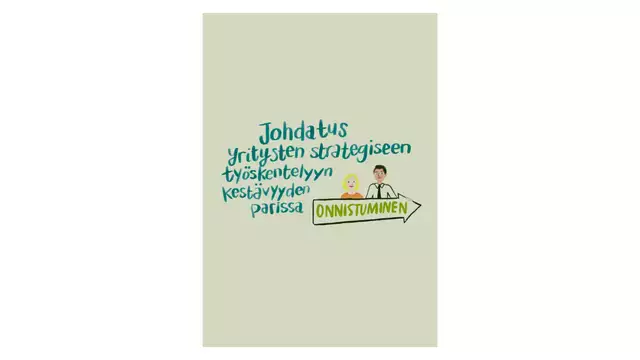
File
Measuring sustainability performance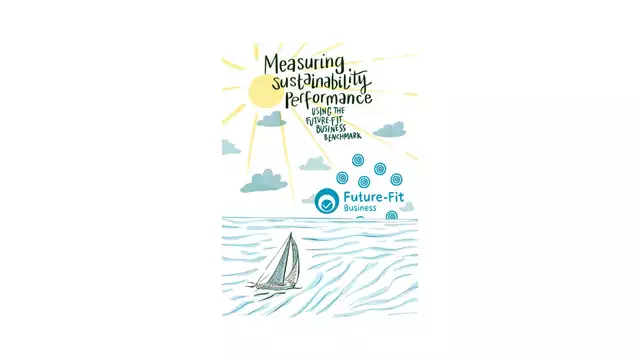
What is green business transition?
Green business transition aims to make companies more environmentally friendly and sustainable in their operations and production. This means that the company takes responsibility for its impact on the environment and society and works to reduce its climate impact and use of resources.
Green business transition includes a range of actions, such as reducing energy consumption, using renewable energy, reducing greenhouse gas emissions, reducing waste, recycling materials and resources, using more sustainable products and materials, or promoting social responsibility.
Companies that start the process of green business transition can enjoy multiple benefits, such as reduced costs through energy efficiency and waste reduction, improved brand value and increased market competitiveness. Most importantly, green transition is an important part of the global effort to reduce climate change and protect the environment to contribute to a sustainable future.
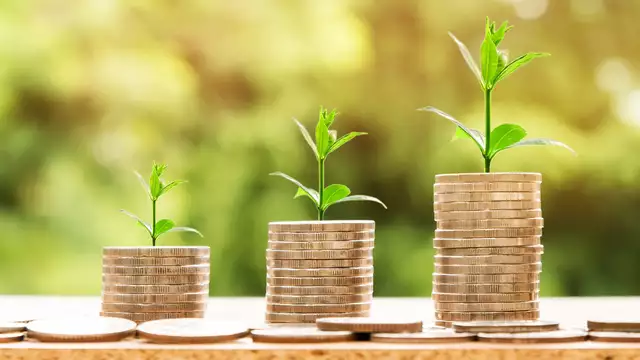
The FSSD method - strategising sustainability in your business
Blog text by Erkka Toikkanen, Felicia Söderlund and Erica Scott
How to navigate in the sustainability jungle?
In recent decades, sustainability has attracted researchers, practitioners, teachers and students from different institutions and disciplines all over the world. What distinguishes sustainability from many other disciplines is its complexity and diversity. It is inter- and multidisciplinary in nature and requires collaboration between different societal stakeholders.
The sustainability toolbox is continuously growing, with concepts, methods and indicators. The diversity can make it challenging to know how to navigate within sustainability. How should a company figure out what is smart to invest in?
Tools and methods for working with sustainability
Sustainability challenges are complex challenges. This means that there is not just one cause of the problem or just one solution. When dealing with complex challenges, we need tools and models that help us understand how the system as a whole works and help us prioritise our possible ways forward and manage trade-offs between different issues.
What is the FSSD framework?
The Framework for Strategic Sustainable Development (FSSD) is a framework for strategic sustainable development, developed since the 1990s by an international research team led by Karl-Henrik Robért. The methodology is one of the most proven in the field of sustainability. It is characterised by offering both an overall system understanding and concrete tools and approaches.
Two key elements of the framework are presented below: the sustainability principles and the ABCD model.
1) The sustainability principles
The core of the framework consists of eight science-based sustainability conditions that clearly define the thresholds for a future sustainable society, both from an environmental and social point of view. What is fundamental from a sustainability perspective is that the company's business model and the processes on which it depends at all stages remain within the framework of the sustainability principles. This ensures that the company creates long-term value both for its shareholders and for the system on which it depends. The business model monetises the interest but does not deplete the capital.
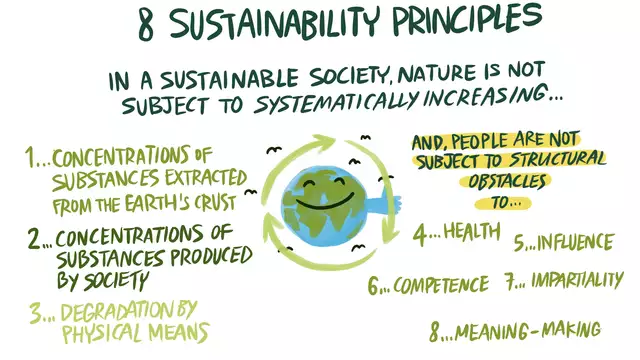
2) The ABCD model
The strategic approach to sustainability presented in the framework is called the ABCD model and is based on backcasting. Backcasting, as opposed to forecasting, means starting from the vision of the future you want to create. This ensures that success is achieved at the right time and in the right way.
An ABCD process means that the company first develops a clear goal of where the company needs to be (step A) when the business model is fully sustainable in accordance with a system understanding and scientific definition of ecological and social sustainability.
The current situation is then analysed in relation to the goal and the 8 sustainability principles (B step), thereby identifying a sustainability gap. In the last two steps (C and D), actions and solutions are brainstormed and prioritised to bridge the sustainability gap step by step in a strategic and systematic way.
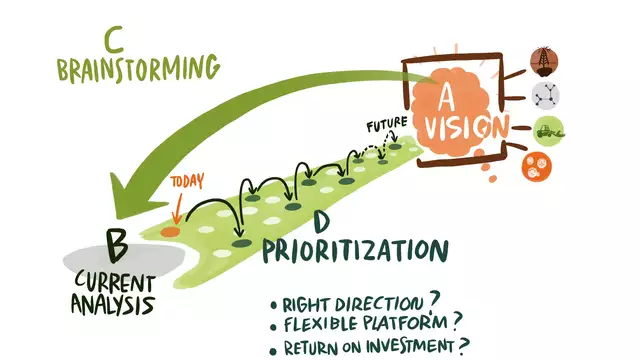
Future-proofing your business
By integrating a systems-based approach to sustainability into your business model, you can future-proof your operations. It also provides knowledge on how to manage trade-offs between different interests and long-term strategic priorities in your sustainability work. This ensures that the sustainability work is relevant to the company's own operations and provides answers to the questions where more data is needed and where there is a need to deepen the level of knowledge in order to continue working in a strategic way.
